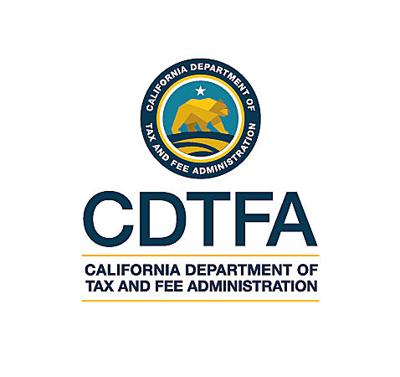
Sen. Maria Elena Durazo. (Photo: Kevin Sanders for California Globe)
New Bill to Create a Homeless Employee Tax Credit
‘Eligible employer’ is a taxpayer with 500 or less employees, pays family-supporting wages at or exceeding the prevailing wage
By Chris Micheli, February 13, 2021 10:05 am
On February 12, Senator Maria Elena Durazo (D-Los Angeles) introduced Senate Bill 424 to create a tax credit for homelessness. The bill would add and repeal Section 23628 of the Revenue and Taxation Code. Section One of the bill would specify two legislative findings and declarations discussing the plight of the homeless population in this state and that additional resources are needed to combat homelessness.
This bill would create California Homeless Hiring Tax Credit to encourage qualified employers that provide family-sustaining career pathways to hire and retain employees from the homeless population who have systematically faced barriers to employment. In addition, the Legislature would make certain findings and declarations related to the federal Equal Employment Opportunity Commission (EEOC) and the related federal Work Opportunity Tax Credit (WOTC). The Legislature would also find and declare that compliance with the Homeless Hiring Tax Credit questions and forms is necessary to ensure proper documentation and certification for employees eligible for the credit allowed by this measure.
Section Two of the bill would add Revenue and Taxation Code Section 23628. It would provide that, for each taxable year beginning on or after January 1, 2022 and before January 1, 2027, there would be allowed to a qualified taxpayer that employs an eligible individual a tax credit not to exceed $30,000 per taxable year. The credit would be one of the following:
- $2,500 for each eligible individual that works 500 hours for the eligible employer during the taxable year in which the credit is claimed.
- $5,000 for each eligible individual that works 1,000 hours for the eligible employer during the taxable year in which the credit is claimed.
- $7,500 for each eligible individual that works 1,500 hours for the eligible employer during the taxable year in which the credit is claimed.
- $10,000 for each eligible individual that works 2,000 hours for the eligible employer during the taxable year in which the credit is claimed.
An eligible employer is a taxpayer that has 500 employees or less, pays wages subject to withholding, and pays family-supporting wages at or exceeding the jurisdiction’s prevailing wage, as determined by the Employment Development Department. In addition, an eligible employer is one who is certified as a “high-road” employer by the Labor and Workforce Development Agency.
An eligible individual is a person who is homeless on the date of the hire or anytime during the 60-day period immediately before the hire, or someone who is receiving supportive services from a homeless services provider as designated by a local continuum of care or coordinated entry system. A person who is homeless is someone whose primary nighttime residence is:
A public or private place not used as a regular housing accommodation.
- Sleeping accommodation for an individual, including a car, park, abandoned building, bus station, train station, airport, or camping ground.
- A publicly or privately operated shelter
- An individual who is fleeing, or is attempting to flee, domestic violence, has no other residence, and lacks the resources or support networks to obtain other permanent housing
- An individual who will imminently lose their primary nighttime residence
- An individual that has not had a lease, ownership interest, or occupancy agreement in permanent housing in the 60 days before receiving certification
An employer must submit to the Franchise Tax Board an eligible employer certification and submit an eligible individual certification in order to claim the tax credit. The certifications are to be filed with the Employment Development Department and the certifications expire after a designated time period.
The total aggregate amount of the credit is $30 million per calendar year and taxpayers have to claim the credit on a timely filed original return. The Franchise Tax Board would allocate credits to qualified taxpayers on a first-come-first-served basis. Any excess credit may be carried over for three years.
Section Three of the bill would make certain legislative findings and declarations that the goal of the credit is to encourage employers to hire and retain individuals from the homeless population which have been found to face systemic barriers to employment. It would specify how the effectiveness of the credit would be measures in an annual report.
The bill is expected to receive its first policy committee hearing in March.
- Legislative Committees in California - August 19, 2025
- The Division of Property Concerning Debts and Liabilities - August 19, 2025
- 3-Measure Legislative Package on Redistricting Released - August 18, 2025







